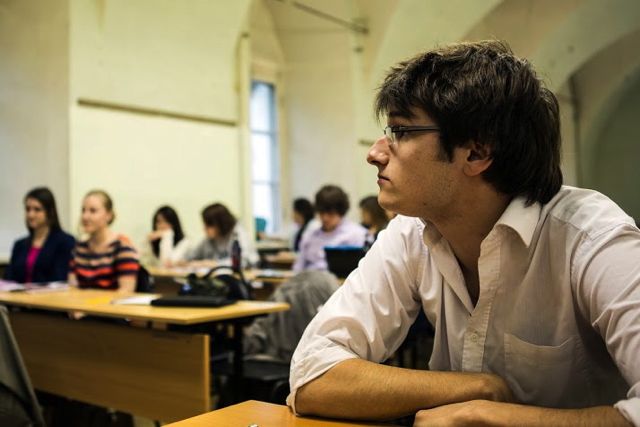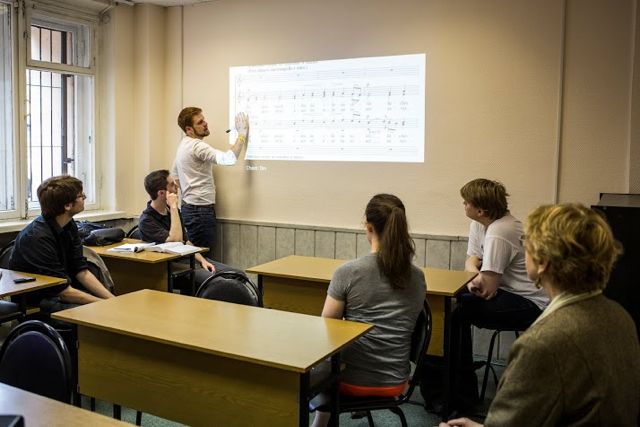
Russia's higher education system started with the foundation of the universities in Moscow and St. Petersburg in the middle of the 18th century. The system was constructed similar to that of Germany. In Soviet times, every person in Russia compulsorily attained a secondary education. The pursuit of higher education was, and still is, considered to be a very prestigious honor. More than 50% of Russians hold a degree.
Due in great part to the demands of international educational organizations, the Russian system of education has begun to change over the past four to five years. Universities began transitioning to a system similar to that of Britain and the USA: 4 years for the Bachelor's degree and 2 years for a Master's degree. Russian universities are still in the midst of change; some of them offer the new system and others are still functioning according to the prior 5-year system, particularly in programs such as law.
The academic year lasts from Sept 1 to mid June everywhere, with long summer vacations from July 1 to Aug 31. The duration of a single class period is usually an hour and a half, the equivalent of two academic hours. The "academic hour" in Russia is generally 45 minutes, as opposed to 50 in U.S. In a large city university, such as RSUH, the atmosphere is quite different from the cozy environment of Dickinson College. The university does not provide a large variety of extracurricular activities – many students who were born in Moscow and live mostly with their families, not in dorms, find extra activities and friends outside of campus life.
Read how our students describe their classroom experience:
"I signed up for "Contemporary Foreign Policy of the Russian Federation" about a month before the annexation of Crimea. Regardless of the timing, taking that class with Russian students was great for my speaking ability, not to mention exciting. It was a seminar that involved more discussion, which meant I got to hear a variety of perspectives on the issues of the day. My advice to any Dickinson student: take regular classes with Russians, even if you're just focused on listening. If possible, volunteer to give a presentation or speak up in class--leading a discussion on Tajikistan was one of the more intimidating days but useful experiences I had in that class." Caroline Elkin ’15
